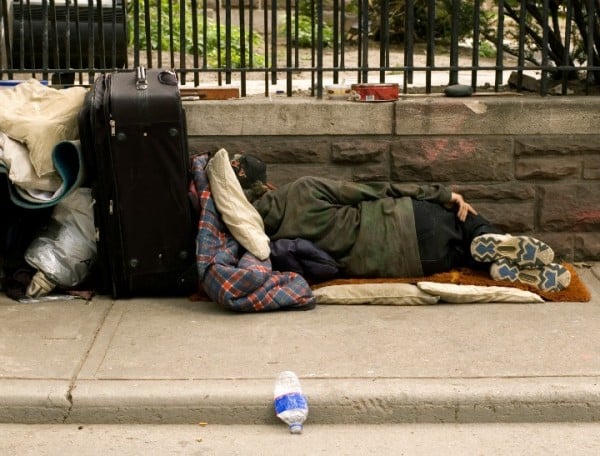
This is what we know about a homeless woman found dead in a McDonald’s restaurant in Hong Kong during the week.
She was dead for seven hours before anyone realised.
She was aged between 50-60.
She was thin, wearing a grey, long-sleeved jacket and slippers.
CCTV footage shows she entered the 24-hour McDonalds at 8.39am on October 2, collapsed at her table (her head lying on top of table) at 1.20am on October 3, and was discovered around 8.30am that morning by an employee or a customer (accounts differ) who found her not breathing and cold.
Like Debrief Daily on Facebook.
CCTV footage shows customers ate and drank right next to her. Staff cleaned and shuffled around her while she lay slumped on the table.
Homeless people often take refuge in McDonalds in Hong Kong because it's open 24 hours and there is a policy to not ask anyone to leave. They have been dubbed 'McRefugees'.
Almost 20 per cent of the population in Hong Kong live below the poverty line. The cost of living is the same as New York and London but salaries are not comparable.
The area where she died was disinfected quickly before being open for the public to eat again.
This is what we don’t know.
Her name.
Whether she ever loved somebody.
Whether she was ever loved.
What made her laugh.
What we would have done if we had sat down to eat near her.
This story about a woman we don't know, who nobody knows, is confronting not just because she lay dead for seven hours while surrounded by a steady roll-call of people slurping on thickshakes and eating burgers and fries; it’s confronting because we ask ourselves what would we have done? Would we have asked if she was okay, or would we have sat as far away from someone like that as possible?





























































































